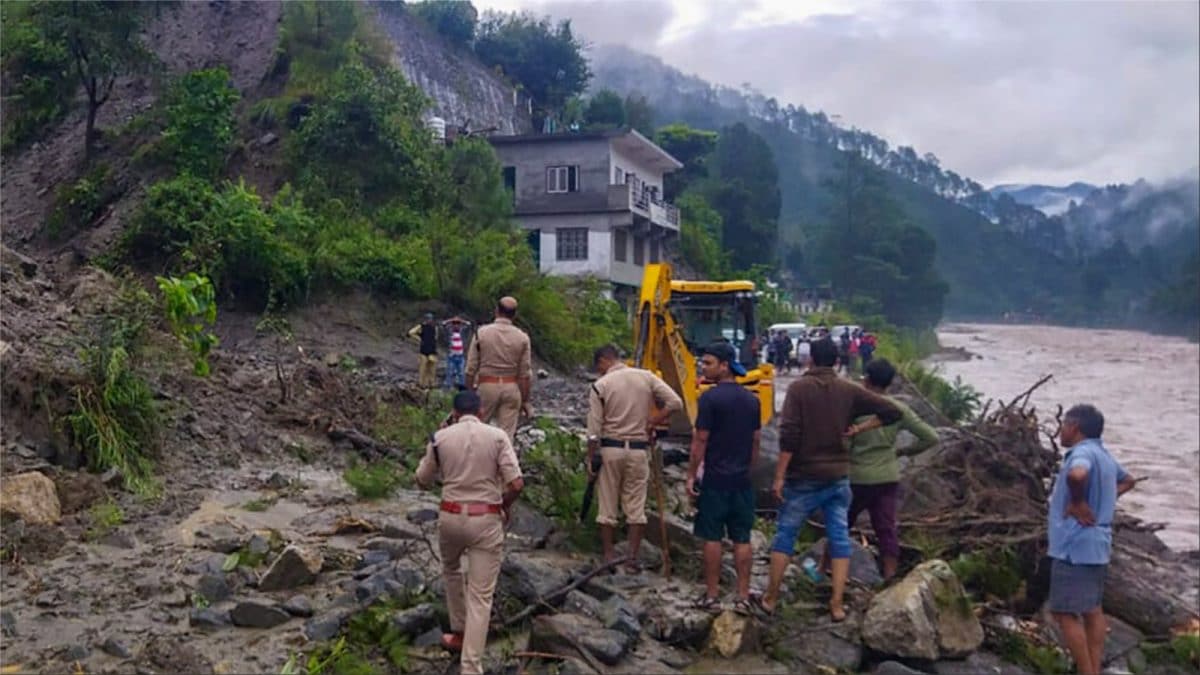Democracy in India will remain incomplete unless Dalits and Adivasis are ensured fair representation in power, administration, and culture, Dalit activist and writer T.S. Shyamkumar has said.
Speaking on the topic ‘Dalit Representation in Culture and Institutions’ at the International Literature Festival of Kerala here on Wednesday, he argued that entrenched upper-caste values continue to exclude Dalit and Adivasis from decision-making structures.
“For Dalits and Adivasis to have rightful representation, the regressive consciousness shaped by upper caste dominance must be discarded. Only then can we become truly democratic human beings,” he said.
He stressed the need for a caste census to identify disparities in power-sharing. “What the Constitution guarantees Dalits and Adivasis is enough, but the overrepresentation of dominant castes must be corrected. Without caste census, we cannot know who controls power in this country,” Mr. Shyamkumar said.
Higher judiciary
He pointed out that even OBCs hold less than 3% of central secretary posts, while 252 of 282 Supreme Court judges so far belonged to the upper castes communities. “Why are Dalits and Adivasis absent in the higher judiciary? Because exclusion is built into the system,” he said.
In Kerala too, he asked, how many Dalit Vice-Chancellors or top administrators exist? “If the red flag of the Communist movement carries the blood of Dalits and Adivasis, then that movement has a moral responsibility to give them rightful space in power,” he added.
Mr. Shyamkumar also criticised cultural hegemony, pointing to practices such as serving only vegetarian food in school arts festivals. “This is nothing but the influence of upper caste culture,” he remarked.
Responding to a question, he said Hindutva forces misrepresent Valmiki and Vyasa as Dalits to impose epics like the Ramayana and Mahabharata on marginalised communities. Cultural institutions still fail to honour reformers like Sree Narayana Guru. “Kerala named a university after Adi Shankara but not Sree Narayana Guru. Reservation in cultural institutions is often subverted. Unless governance itself is democratised, Dalits and Adivasis will remain excluded,” Mr. Shyamkumar said.
On feminism
“Why should a woman be equal to a man?” asked feminist writer and activist Sarah Joseph during a conversation with Suja Susan George at the literature festival. “People become strong when they remain true to themselves. Why then should a woman strive to be equal to a man?” she asked.
She stressed that freedom exists only when an individual can raise their voice against practices that contradict their ideals and break free from oppressive chains. “Only then can true liberty be realised,” she said.
She explained that men and women are biologically different but are meant to unite spiritually, work together, move society forward, and create future generations. Unfortunately, from the very beginning of social life, patriarchy began to dictate the course of human existence.
“In a society marked by such inequality, women were forced to challenge these biological differences,” Ms. Joseph observed.



.png)
.png)
.png)
















 1 week ago
7
1 week ago
7









 English (US) ·
English (US) ·